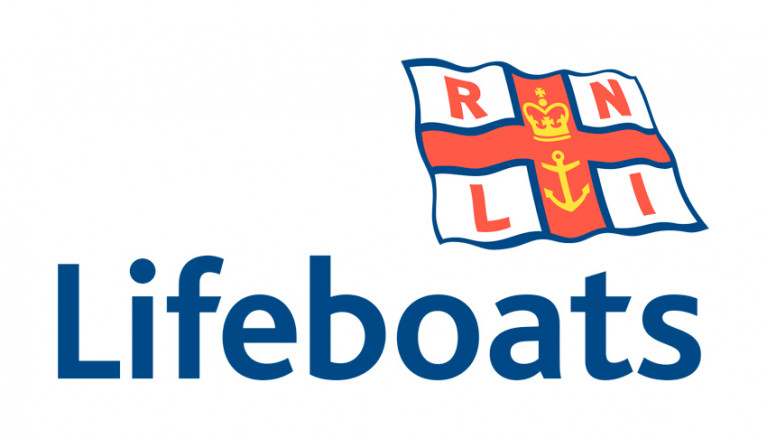The RNLI is urging anyone planning a visit to the coast to stay safe and not take any unnecessary risks.
Given the current Covid-19 outbreak in the UK and Ireland and the importance of social distancing and avoiding non-essential contact with others, coastal areas may be seen as providing an opportunity to enjoy fresh air and exercise while adhering to government guidance.
However, our coastal areas can also present dangers of their own. The RNLI is asking people to ensure they follow essential water safety advice.
Please take the time to take note of signage at the entrances of beaches advising of the local hazards, check tide times to avoid being cut off and to check weather conditions before setting out as these can change quickly.
If you see someone in difficulty, or you get into difficulty yourself, please call 999 or 112 and ask for the coastguard.
Gareth Morrison, RNLI’s head of water safety, said: “Our beaches and coastal areas may see an increase in visitors in the days and weeks to come, so we’re urging everyone to follow our advice and stay safe.
“Whether you’re fishing, surfing, kayaking, sailing or just going for a walk, we’re asking people to be extra responsible and to avoid taking unnecessary risks to themselves and others which could put unnecessary pressure on front line services.”
The RNLI advises coastal visitors to:
- take care if walking near cliffs — know your route;
- check tide times daily;
- if going afloat, carry a means for calling for help and always wear a lifejacket;
- check your equipment is in good working order; and
- be aware of the conditions and your capabilities and only enter the water if it is safe to do so.
“During these unprecedented times, we have taken steps to close our lifeboat stations and shops to the public. However RNLI lifeboats and stations remain fully operational and we will still launch to those in peril on the sea,” Morrison added.
“As with all public places we’d encourage people to follow guidelines provided by the government to maintain a two-metre distance, follow good hygiene practices and avoid mass gatherings.”
More safety advice can be found at rnli.org/safety



























































